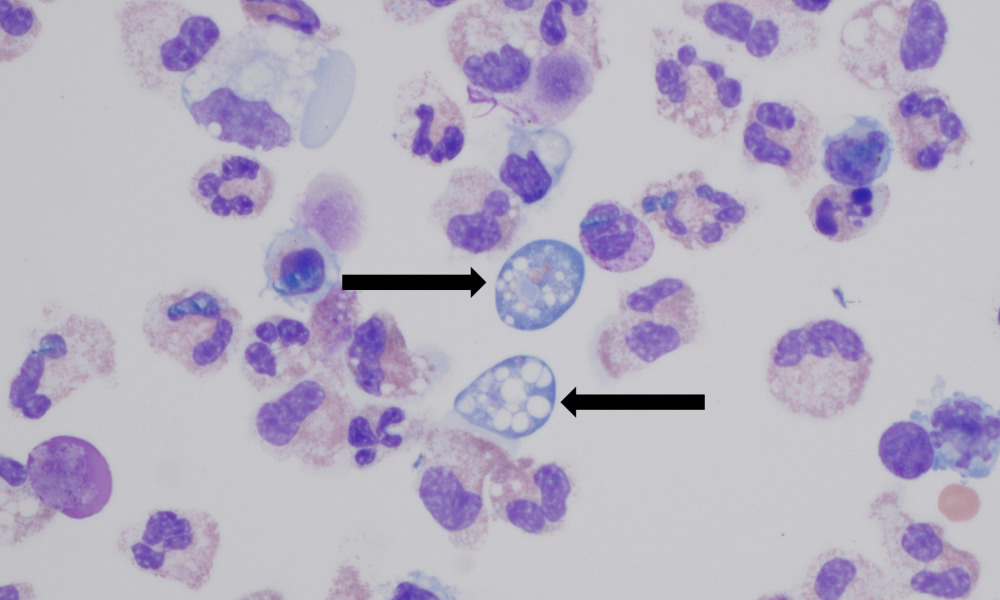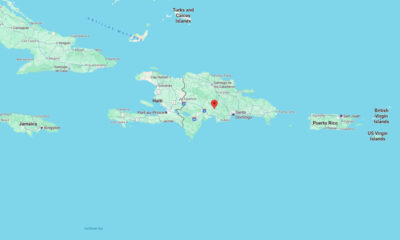Health
Missouri resident dies from rare ‘brain-eating’ amoeba infection

A Missouri resident has died after contracting a rare “brain-eating” infection caused by the amoeba Naegleria fowleri, according to state health officials.
The Missouri Department of Health and Senior Services (DHSS) said in a press release on Wednesday that the patient died on Tuesday at a hospital in the St. Louis area.
The case was first announced last week, when DHSS reported that an adult resident had been hospitalized with primary amebic meningoencephalitis (PAM), a nearly always fatal infection commonly referred to as a “brain-eating” infection.
The source of exposure remains under investigation, but preliminary information suggested the patient may have been water skiing at the Lake of the Ozarks in the days before becoming ill, according to the department.
Naegleria fowleri is a microscopic amoeba that lives naturally in warm freshwater such as lakes, rivers, and ponds. Infection is extremely rare, with fewer than 10 cases reported annually in the United States. Data shows 167 confirmed cases between 1962 and 2024.
The infection occurs when water containing the ameba enters the body through the nose, typically during swimming or other water activities. It cannot be spread person-to-person and does not occur from drinking contaminated water.
Health officials urged swimmers and recreational water users to take precautions to reduce the risk of infection, such as using nose clips, avoiding submerging the head in warm freshwater, and refraining from stirring up sediment in shallow areas.
Symptoms of the infection can include severe headache, fever, nausea, vomiting, stiff neck, seizures, altered mental status, and hallucinations. The disease progresses rapidly, and health officials say anyone with symptoms should seek immediate medical attention.

-

 World7 days ago
World7 days agoCargo plane plunges into sea at Hong Kong airport; 2 killed
-

 US News1 day ago
US News1 day agoUnwarned tornado suspected in Fort Worth as storms cause damage and power outages
-

 Health7 days ago
Health7 days agoMexico reports new human case of H5 bird flu
-

 Legal6 days ago
Legal6 days agoMan armed with AR-15 arrested after threats to ‘shoot up’ Atlanta airport
-

 World6 days ago
World6 days agoMagnitude 5.0 earthquake rattles Dominican Republic
-

 Breaking News12 hours ago
Breaking News12 hours agoMultiple injured in shooting at Lincoln University in Pennsylvania
-

 World1 week ago
World1 week agoEstonia permanently closes road through Russian territory
-

 World1 week ago
World1 week agoU.S. Special Operations helicopters spotted near Venezuela


